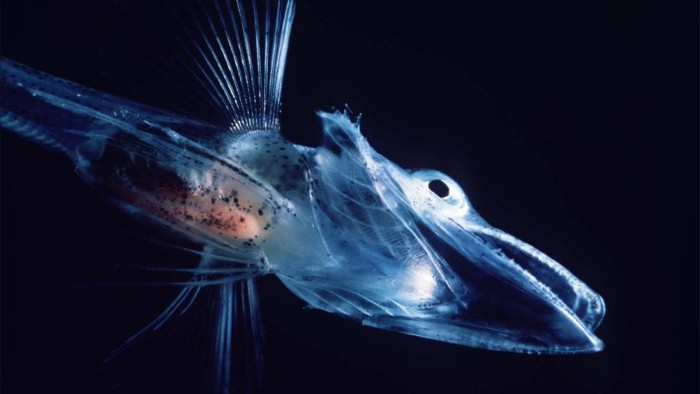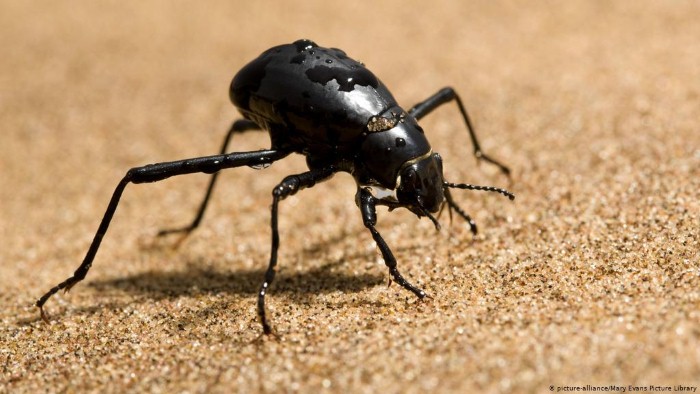5 Animals Possess Blood With Strange Colors!
Red is a prominent feature of many things, from country flags to the color of human blood. In general, most vertebrate animals have vermilion-red blood in their veins. The blood gets its distinct color due to the hemoglobin pigment, which is the protein that helps our blood to distribute oxygen.
The hemoglobin protein is made up partly of iron atoms, which is the reason why blood gives the scarlet red color. Since the number of red blood cells is much greater than that of any other component in human blood such as platelets and white blood cells, the human blood itself appears red.
But while many organisms possess red blood, others have blood in other strange colors, from blue to green and sometimes purple. In this article, we highlight a number of organisms that have blood in strange colors!
Living creatures possess blood in strange colors except red!
Reptiles and tropical lizards - blood green
New Guinea is home to many species of lizards and tropical reptiles with lemon green blood. Because of this, the tongues, muscles and bones of all these lizards appear in different shades of green.
Like humans, these organisms have red blood cells rich in hemoglobin, but they do not last forever, and when they break down a compound called Biliverdin, a green-colored dye product, is made. Vertebrates filter these compounds out of their circulation because of their harmful effects. While the lizards have very high levels of Biliverdin in their veins, in excess of hemoglobin, which makes their blood appear green.
Icy crocodile fish - transparent blood

Crocodiles live in the ocean waters around Antarctica, where they live in environmental conditions that can kill any other vertebrate, at a water temperature below the freezing point of fresh water.
In very cold water, blood with a high hemoglobin level can become dangerously thick. For this reason, organisms that live in such conditions do not have red blood cells, such as the icy crocodile that does not have any percentage of red blood cells, which makes their blood completely transparent without color!
Octopus and horseshoe crab - blue blood
Many thorny creatures use a hemoglobin alternative protein called Hemocyanin. Both proteins are able to transport oxygen. Unlike hemoglobin, the hemocyanin protein binds to copper, not iron, which changes the blood color to blue instead of red.
The list of hemocyanin-dependent organisms is long, including spiders, scorpions, and some mollusks, such as octopuses. Since horseshoe crab is not entirely crab, but is a family of spiders, it also has blue blood that is rich in hemocyanin.
Ladybugs - yellow blood

Small insects, including beetles, have yellow blood. The reason they have this unique color is because most insects process oxygen differently from humans and vertebrates. Where insects use a substance called hemolymph that carries oxygen instead of hemoglobin, a substance that is yellow in color.
Earthworms
It is true that the red color is the natural color of the blood of worms, flies, fleas, larvae, etc., but the characteristic that makes it different from the color of human blood is that hemoglobin does not exist inside the red blood cells, but rather dissolves in body fluids.







0 Comments